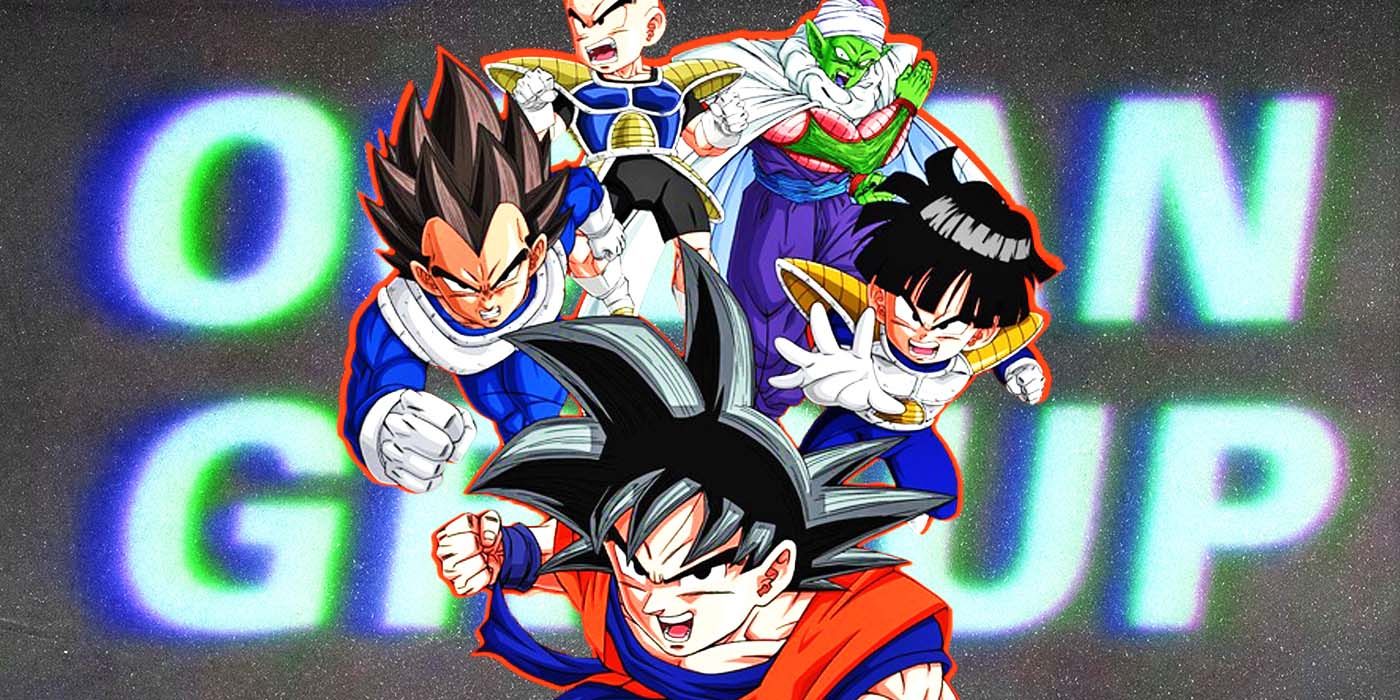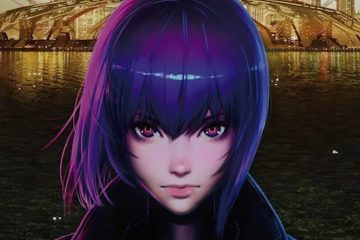Dubbing is more of an art than a science. What works in one dub for one series will not work in another and that can make the whole premise a bit shaky. Excellent and memorable dubs are often the result of a labor of love. The actors, writers, translators, and production staff are usually all in on the project and work together to make the lines sound right. While it is definitely a lot of work, it is meant to be something fun so that an anime can touch the hearts and minds of audiences outside its intended shores and that’s wonderful.Dragon Ball is one of the most influential and impactful anime of all time, so it makes sense that it would have had a few different dubs over the years. While the Funimation dub is the most well-known and Chris Sabat and Sean Schemmel are iconic for their roles in the series in most of the English-speaking world, there were a few others that came before. The Ocean Group was one of these dubbing companies and their voices are actually incredibly recognizable. Their history and attachment to the dub of Dragon Ball Z is an interesting story of a rise and fall.As with a lot of dubbing in America, a lot of this story does go back to Funimation. When Funimation acquired the rights to Dragon Ball and Dragon Ball Z in 1995, the company had barely been open for a year. So they had neither the staff nor the money to make an in-house dub at the time. So, this meant collaboration was on the table and the Ocean Group was tapped to help dub the series. While they started with Dragon Ball, dubbing the first thirteen episodes and a movie, it was unable to get a good time slot and achieve success, which led to them leaning on Dragon Ball Z to help the franchise gain a foothold in America. Ocean Group’s 1995 English version of Dragon Ball is the only dub of the franchise associated with Funimation to have never aired on Cartoon Network’s Toonami.
Dubbing is more of an art than a science. What works in one dub for one series will not work in another and that can make the whole premise a bit shaky. Excellent and memorable dubs are often the result of a labor of love. The actors, writers, translators, and production staff are usually all in on the project and work together to make the lines sound right. While it is definitely a lot of work, it is meant to be something fun so that an anime can touch the hearts and minds of audiences outside its intended shores and that’s wonderful.
Dragon Ball is one of the most influential and impactful anime of all time, so it makes sense that it would have had a few different dubs over the years. While the Funimation dub is the most well-known and Chris Sabat and Sean Schemmel are iconic for their roles in the series in most of the English-speaking world, there were a few others that came before. The Ocean Group was one of these dubbing companies and their voices are actually incredibly recognizable. Their history and attachment to the dub of Dragon Ball Z is an interesting story of a rise and fall.
As with a lot of dubbing in America, a lot of this story does go back to Funimation. When Funimation acquired the rights to Dragon Ball and Dragon Ball Z in 1995, the company had barely been open for a year. So they had neither the staff nor the money to make an in-house dub at the time. So, this meant collaboration was on the table and the Ocean Group was tapped to help dub the series. While they started with Dragon Ball, dubbing the first thirteen episodes and a movie, it was unable to get a good time slot and achieve success, which led to them leaning on Dragon Ball Z to help the franchise gain a foothold in America. Ocean Group’s 1995 English version of Dragon Ball is the only dub of the franchise associated with Funimation to have never aired on Cartoon Network’s Toonami.
#Ocean #Group #History #Dragon #Ball #English #Dub
Note:- (Not all news on the site expresses the point of view of the site, but we transmit this news automatically and translate it through programmatic technology on the site and not from a human editor. The content is auto-generated from a syndicated feed.))



